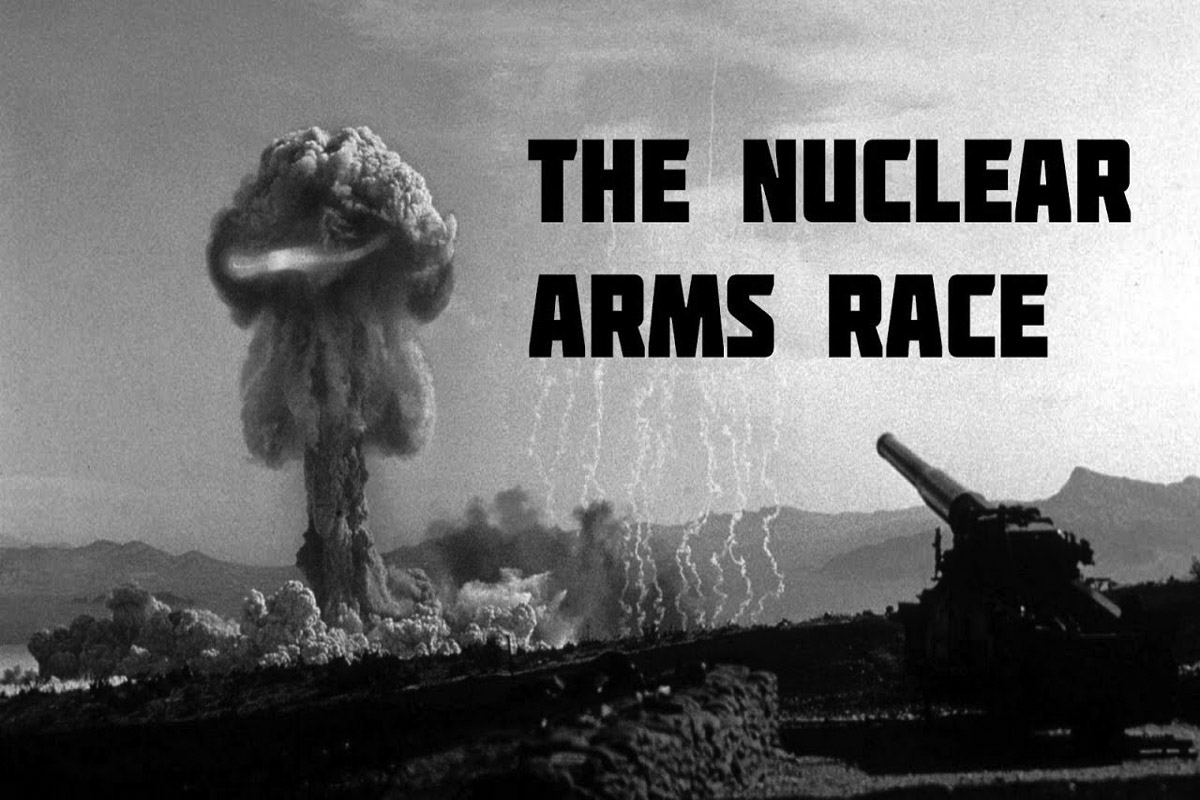South Korea to hold meeting of diplomatic missions next week
South Korea will open an annual meeting of its top envoys abroad next week with a focus on strengthening its diplomacy amid geopolitical challenges, the foreign ministry said on Thursday.
Predictably, America has condemned North Korea’s launch. It violated Security Council resolutions and posed a threat to Pyongyang’ neighbours, a State Department spokesperson said, without mentioning South Korea’s tests.

Tension was ratcheted up in the Korean peninsula on Wednesday when the authorities of Pyongyang and Seoul launched ballistic missiles within a span of a few hours.
This competitive display of military prowess has happened amidst the international pressure, albeit faltering, to thwart North Korea’s nuclear programme.
It was the latest volley in an arms race in which both nations have developed increasingly sophisticated weapons while efforts have proved fruitless to get talks going on defusing tensions.
Advertisement
South Korea tested a submarine-launched ballistic missile (SLBM), becoming the first country without nuclear weapons to develop such a system. South Korean President Moon was attending that test firing when word came of the North Korean launches, its first ballistic missile tests since March.
North Korea fired a pair of ballistic missiles that landed in the sea off its east coast, according to South Korean and Japanese officials, just days after it tested a cruise missile that analysts said could have nuclear capabilities.
Japan’s defence ministry said the missiles landed inside Japan’s exclusive economic zone (EEZ), contradicting earlier comments that they fell outside its waters.
North Korea has been steadily developing its weapons systems amidst a stand-off over talks aimed at dismantling its nuclear and ballistic missile arsenals in return for relief from US sanctions. The negotiations, initiated between former US President Trump and North Korean leader Kim Jong Un in 2018, have stalled since 2019.
Predictably, America has condemned North Korea’s launch. It violated Security Council resolutions and posed a threat to Pyongyang’ neighbours, a State Department spokesperson said, without mentioning South Korea’s tests. France and Estonia plan to raise the North Korean launches at a closed-door Security Council meeting.
Not that the North Korean test poses an immediate threat to US personnel, territory or allies, but it has highlighted the destabilising impact of its weapons programme. Japan’s Prime Minister, Yoshihide Suga, called them “outrageous” and a threat to peace and security in the region.
The latest launches came as the foreign ministers of South Korea and China held talks in Seoul amid concern over North Korea’s tests and the stalled denuclearisation negotiations. President Moon of South Korea has sought China’s support to restart dialogue, saying North Korea has not been responding to South Korean and US offers for talks or engagement such as humanitarian aid.
Moon has cited nuclear-armed North Korea’s “asymmetric capabilities” as a reason for South Korea, which is not a nuclear power, to develop better missiles. Seoul has been pursuing a range of new military systems, including ballistic missiles, submarines and its first aircraft carrier. The world bears witness to an arms race in the stormy waters of the peninsula. The region is far from a de-escalation of tension.
Advertisement